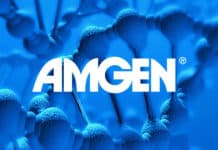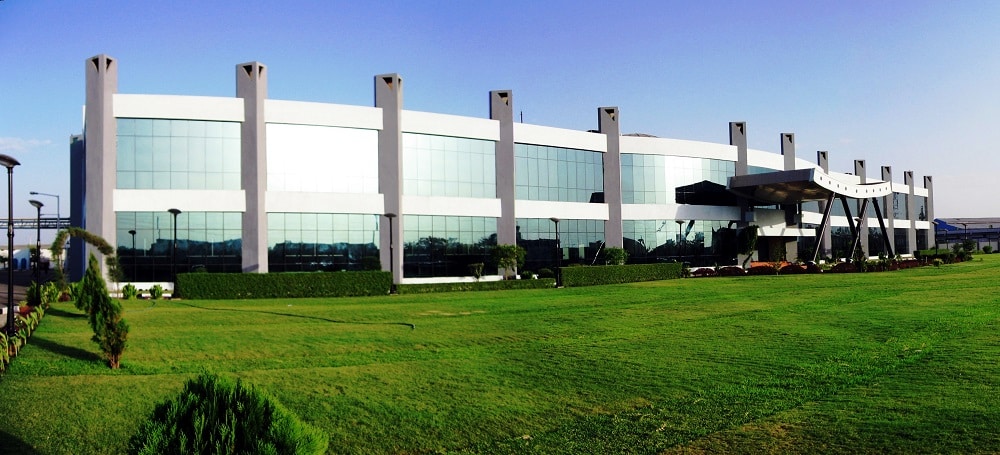Roche’s Gazyva (obinutuzumab) gets BTD in Lupus Nephritis
As of the press release on 18th September 2019, The Gazyva®(obinutuzumab) from Roche received the Breakthrough Therapy Designation (BTD) from the U.S. Food and Drug Administration (FDA). It is first of its kind recognition given by the FDA for medication treating Lupus nephritis. This designation was based on the data presented from the Phase II NOBILITY Study in adulty patients suffering from proliferative Lupus nephritis. The study was conducted by combining Gazyva and standard care and gave enhanced efficacy compared to standard care alone.
Sandra Horning, the MD Roche’s Chief Medical Officer and Head of Global Product Development, expressed that new treatments for Lupus nephritis are need of the hour as it is a potentially life-threatening inflammation of kidneys that commonly affects women. She also added that the company is committed to developing Gazyva as a potential new therapy for lupus nephritis and plans to begin phase III trial next year.
The Breakthrough Therapy Designation(BTD) is granted to accelerate the development and review of medicines which are intended to treat serious or deadly conditions. It is given only if the preliminary evidence indicates that substantial improvement is possible when compared to existing
therapies. This is the 27th BTD for Roche’s portfolio of medicines.Roche’s Gazyva gets BTD- About NOBILITY Study:
Phase II is the NOBILITY study which is a randomized, double-blind placebo-controlled multicenter study. The research tested the efficacy and safety of Gazyva and combined it with mycophenolate mofetil (MMF) or mycophenolic acid (MPA) and corticosteroids. For the placebo, combined with MMF or MPA and corticosteroids and for adult patients with class III or IV proliferative lupus nephritis. The study included 126 people who were randomized to receive either Gazyva or placebo infusions on days 1, 15, 168, and 182. The primary endpoint was the part of participants who achieved a protocol-defined complete renal response at 52 weeks.
In the primary endpoint, the results showed that Gazyva, in combination with standard of care, demonstrated improved efficacy compared to placebo plus standard of care alone in achieving complete renal response at one year. Also, Gazyva met key secondary endpoints by showing overall improved, including partial renal response and complete responses and in serologic markers of disease activity as compared to placebo. No new safety signals was seen with Gazyva in the study at the time of this analysis.
About Lupus Nephritis
Lupus nephritis is a critical and potentially life-threatening disorder of the kidneys. It is a complication of systemic lupus erythematosus (SLE), an autoimmune disease where a person’s own immune system attacks healthy cells and organs. Statistics show that SLE affects 24 per 100,000 in the population globally. Up to 60% of people suffering with SLE develop lupus nephritis and up to 25% of people with the condition develop end-stage renal disease. It is also observed that Lupus impacts women they make up 90% of the patient population. Women from African, Hispanic, and Asian ethnic groups more likely than Caucasian women to be diagnosed with lupus. In the current scenario, there is no cure for lupus or lupus nephritis.
About Gazyva
Gazyva is a monoclonal antibody which can attach to CD20, a protein found only on certain types of B-cells. It is designed to work by attacking targeted cells both directly and along with the body’s immune system. There are several combination studies underway for a range of blood cancers like cancer immunotherapies and small molecule inhibitors.















































